Murree Rainwater Harvesting
Client:
Local Government & Community Development Department
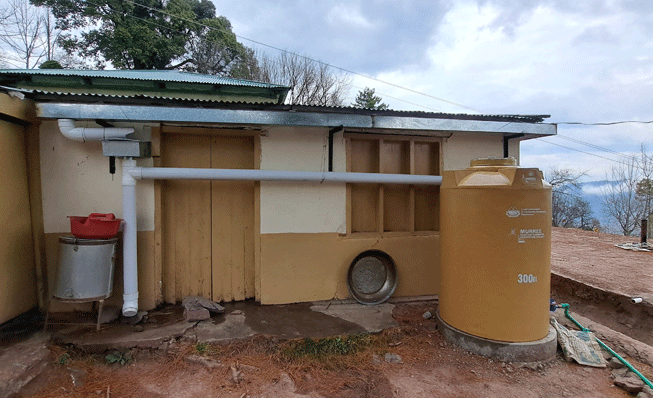
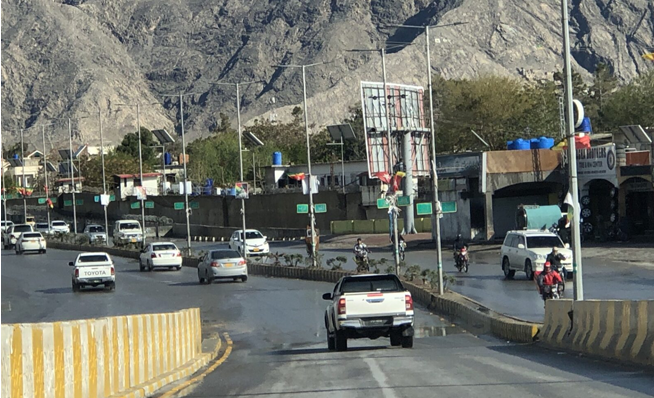
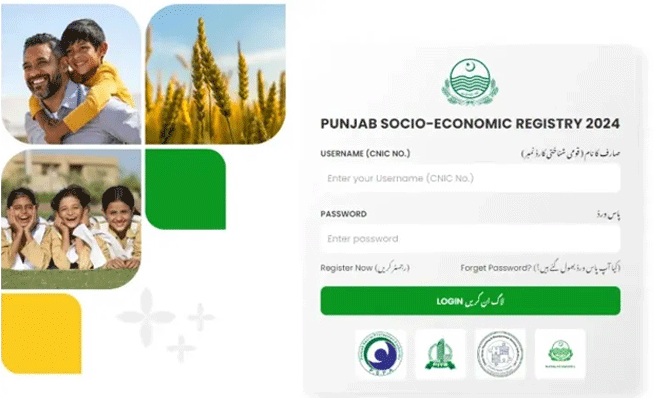
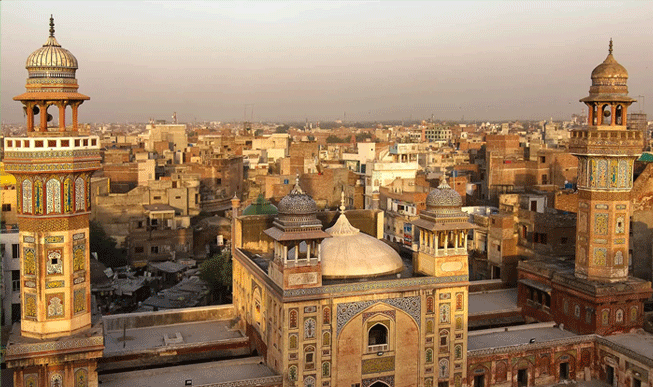
Tourism, Archaeology and Museums Department, Govt. of the Punjab.
Friday, 26 December
2025
Dr. Imran Khan and Ms. Sundus Hassan from The Urban Unit visited the Poverty Research Center (PRC) at the University of Gujrat for a two-day engagement aimed at exploring new avenues in poverty research. The visit focused on discussing emerging approaches to poverty measurement and assessing their practical applicability within the context of Punjab. Dr. Faisal Mehmood Mirza, Executive Director PRC, provided a comprehensive overview of the Center’s mandate, ongoing work, future direction, and the long-term potential for institutional collaboration between PRC and The Urban Unit. During the engagement, the Urban Unit team delivered a detailed presentation on Small Area Poverty Estimation techniques, fostering capacity building and facilitating meaningful knowledge exchange on advanced methods of poverty analysis. This collaboration represents an important step toward developing more accurate, localized, and evidence-based approaches to poverty estimation and alleviation across Punjab.
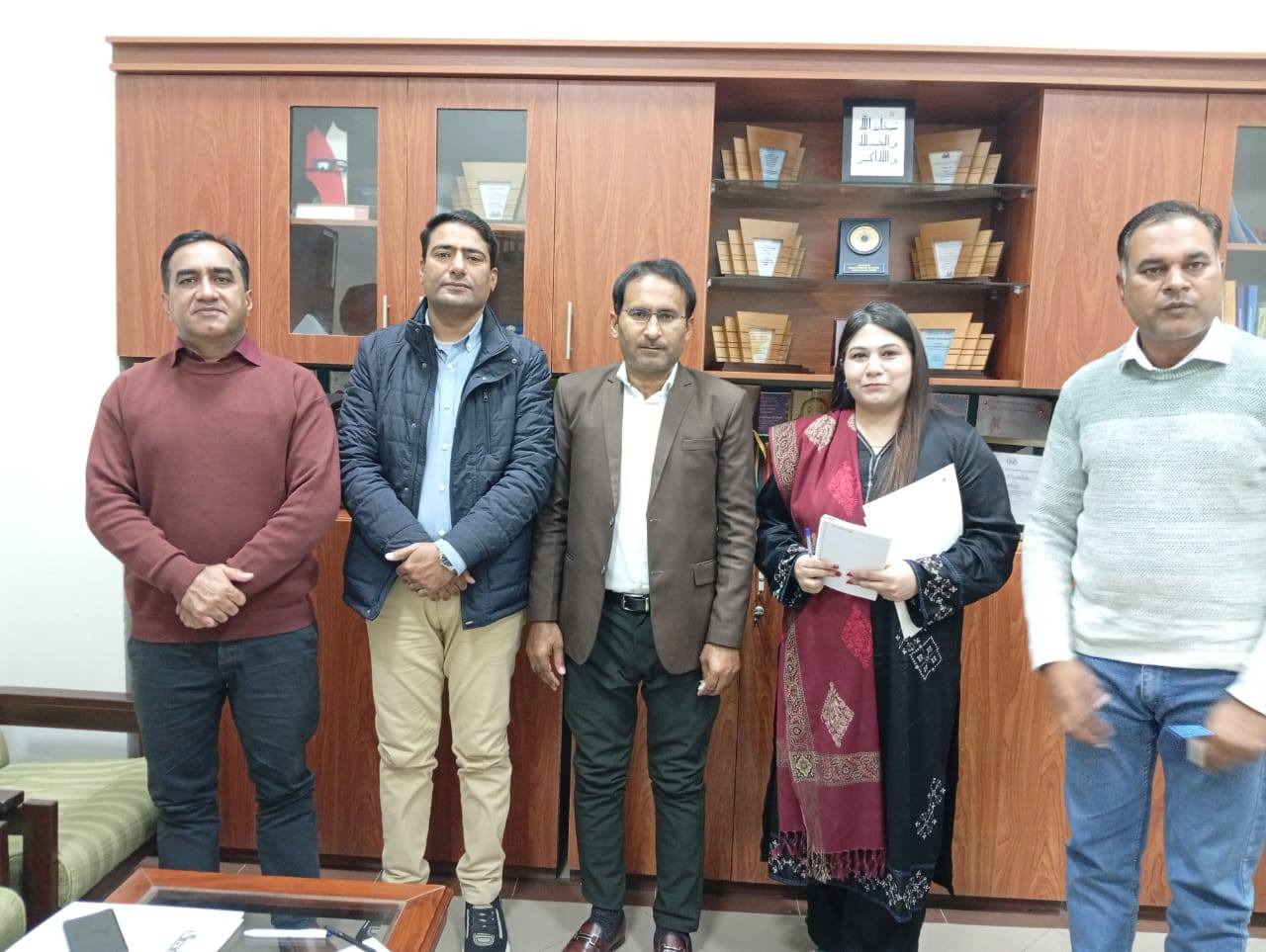


SEP 28
2023
The Urban Unit disseminates information, research and different project-related activities through a mix of print and electronic media. Urban Unit's publications such as Urban News Gallery, News Gazette, Urban Geographic Magazine,